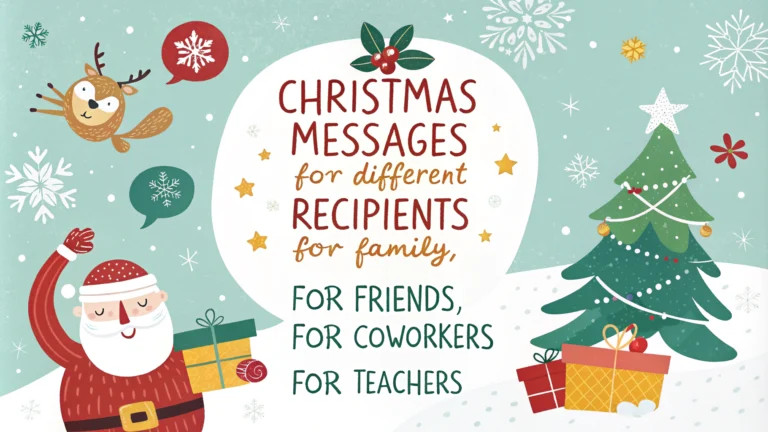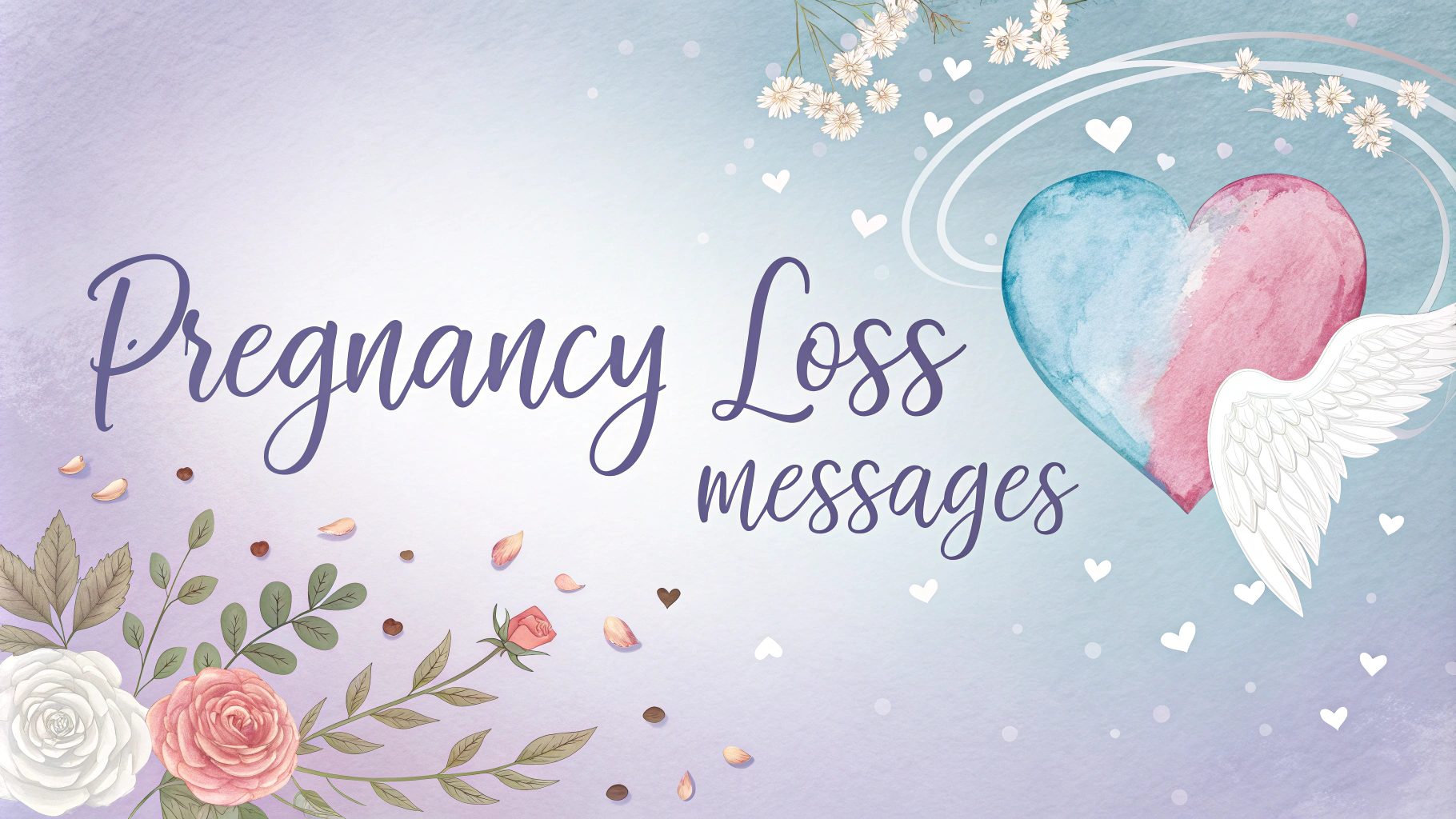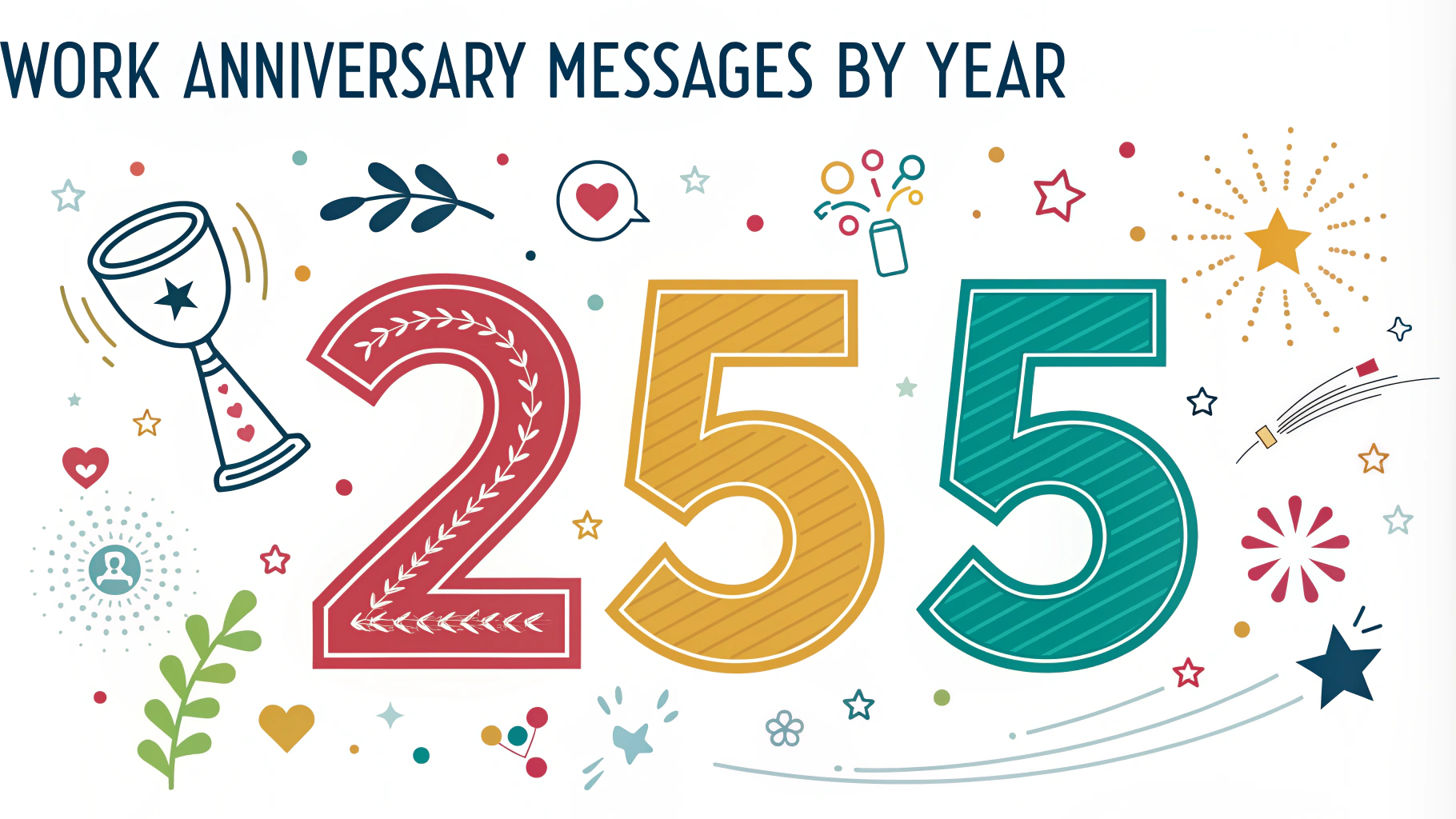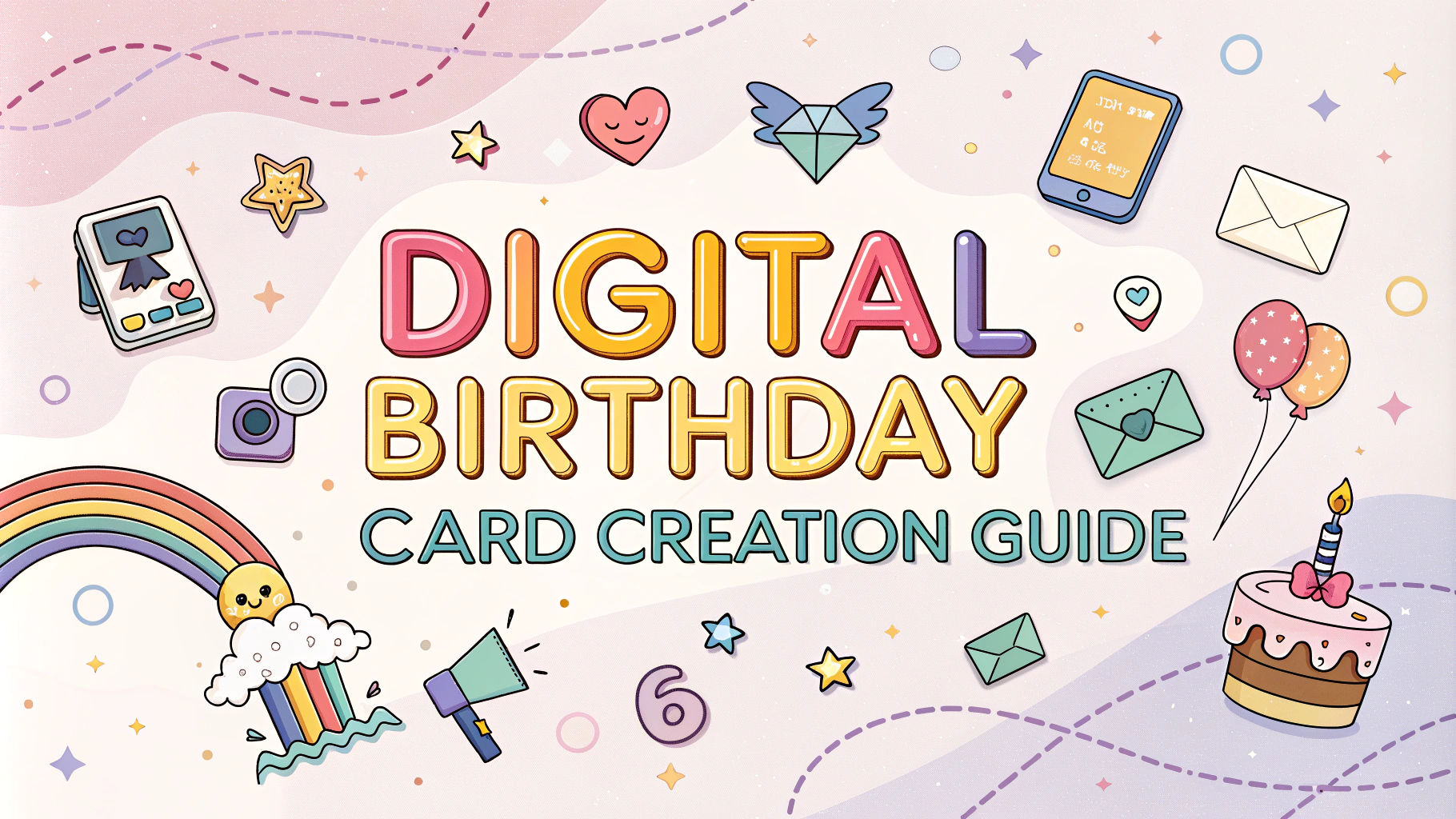Writing meaningful Christmas messages requires understanding your relationship with the recipient and the appropriate tone for each situation.
Family Christmas Messages
Close family members appreciate personal, heartfelt messages that reflect shared memories and experiences.
- “Mom and Dad, thanks for making every Christmas magical – here’s to creating more memories together”
- “To my sister who makes holidays brighter – wishing you joy and laughter”
- “Dear brother, remembering our childhood Christmas mornings brings smiles even now”
Professional Christmas Messages
Business contacts need polite, respectful messages that maintain professional boundaries.
- “Wishing you success and happiness in the coming year”
- “Thank you for your partnership this year – happy holidays”
- “Season’s greetings and best wishes for a prosperous new year”
Friend Christmas Messages
Messages to friends can be casual, fun, and personal while showing appreciation for the friendship.
- “Thanks for being an awesome friend – may your Christmas be as amazing as you are”
- “Here’s to another year of friendship and fun – happy holidays!”
- “Missing you this Christmas season – hope to celebrate together soon”
Religious Christmas Messages
For religious recipients, focus on the spiritual significance of Christmas.
- “Celebrating the miracle of Christ’s birth with you”
- “May God’s blessings be with you this Christmas season”
- “Rejoicing in His love this Christmas and always”
Tips for Writing Christmas Messages
- Be authentic: Write in your natural voice
- Keep it personal: Reference shared experiences or memories
- Consider timing: Send messages early enough to arrive before Christmas
- Proofread: Check spelling and grammar before sending
Message Structure
- Start with a warm greeting
- Add personal touch or memory
- Express holiday wishes
- Close with appropriate signature
| Recipient Type | Appropriate Tone |
|---|---|
| Family | Warm, loving, personal |
| Professional | Respectful, formal, brief |
| Friends | Casual, fun, genuine |
| Religious | Reverent, spiritual, meaningful |
Customizing Messages for Special Circumstances
Different situations may require adapting your Christmas message to acknowledge specific circumstances or relationships.
First Christmas After Loss
- “Holding you close in thought during this first Christmas without them”
- “Remembering precious holiday memories with those we’ve lost”
- “Sending extra love and strength this Christmas season”
Long-Distance Relationships
- “Though miles apart, you’re close in heart this Christmas”
- “Looking forward to our next holiday celebration together”
- “Sending warm hugs across the distance this season”
Digital Christmas Messages
Modern communication channels require special consideration for holiday greetings.
- Social Media: Keep messages brief but meaningful
- Email: Maintain formatting and professional appearance
- Text Messages: Use appropriate emojis to convey warmth
Conclusion
Crafting thoughtful Christmas messages strengthens relationships and spreads holiday joy. Remember to:
- Choose words that reflect your genuine feelings
- Consider the recipient’s preferences and beliefs
- Adapt your message style to fit the relationship
- Take time to make each message special and meaningful
Whether sending traditional cards or digital greetings, your sincere words can make someone’s holiday season brighter and more meaningful.
FAQs
- What are the essential components of a good Christmas message?
A good Christmas message should include warm greetings, personal touches, acknowledgment of the relationship, specific wishes for the recipient, and closing with sincerity. - How should Christmas messages differ between professional and personal recipients?
Professional messages should maintain formality while being warm, focusing on business relationships and professional success. Personal messages can be more intimate, emotional, and include shared memories or inside jokes. - What are appropriate Christmas message timings for different time zones?
Send messages 2-3 days before Christmas for international recipients, accounting for time differences. For local recipients, Christmas Eve or Christmas morning are ideal times. - How long should a Christmas message be?
Personal messages can be 3-5 sentences long, while professional messages should be brief and concise, typically 2-3 sentences. - What religious considerations should be taken when writing Christmas messages?
Be mindful of the recipient’s beliefs. Use “Happy Holidays” or “Season’s Greetings” for recipients whose religious preferences are unknown or who don’t celebrate Christmas. - Should Christmas messages be handwritten or digital?
Handwritten messages are more personal and suitable for close relationships. Digital messages are appropriate for professional contacts or when reaching many recipients quickly. - What are appropriate Christmas message closings?
Common closings include “Merry Christmas,” “Season’s Greetings,” “Warm Wishes,” “Best Wishes for the Holiday Season,” or “Happy Holidays.” - How can you make Christmas messages more personal?
Include specific references to shared memories, mention family members by name, reference past interactions, or include plans for future meetings. - What should be avoided in Christmas messages?
Avoid overly personal information in professional messages, politically charged content, inappropriate jokes, and comparing gifts or holiday plans. - How should group Christmas messages differ from individual ones?
Group messages should be more general and inclusive, while individual messages can be personalized and specific to the relationship.








